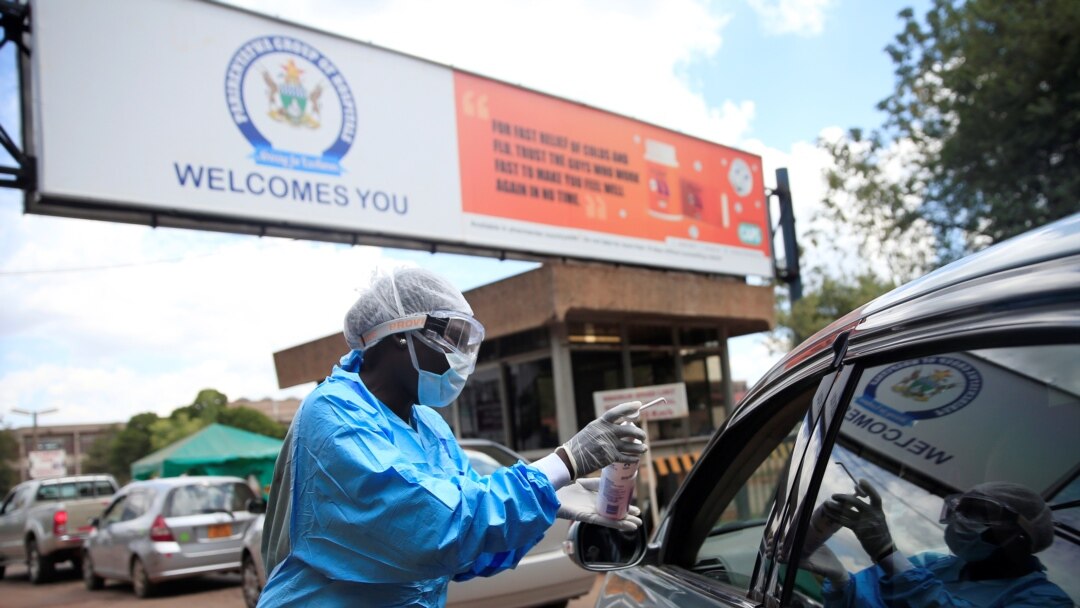Some rural Zimbabwean families are so desperate for food; they are eating army worms to avoid starving as they wait for humanitarian assistance. The worst drought in recent memory has caused widespread famine. In the region, Zimbabwe’s famine is second only to Malawi.
It has prompted Zimbabwe’s president to declare a national state of disaster in the hardest hit areas, but being one of the last countries in the region to call for help, this could hamper the call for international assistance.
With no significant rainfall in two months, the cattle are emaciated and struggling to find pasture. But the human toll of the El Nino related drought is much worse. Crops have failed, increasing the number needing food aid by one to 2.4 million according to state figures. That is one in five Zimbabweans.
The worst drought in over 20 years has forced families to survive on anything they can get their hands on. Without humanitarian aid they face the real possibility of starvation.
The family of Nyasha Chitembu has come close to starvation. Her seven year-old son Sebastian fainted on his way to school last month. The family has been living on a cup of tea or maize meal and salt a day. Last week’s patchy rain brought a blessing in disguise- the army worms looking for crops to devour and found none. Now the worms have become their food.
According to Chitembu, “Every so often I find work drawing water for people for a dollar. I buy sugar so the children can drink boiled leaves as tea. When we cannot find work we often spend the day without eating. Since it rained we cook army worms for lunch. We never have maize meal for lunch, we keep it for dinner.”
Humanitarian agencies have provided food aid but are clearly overwhelmed. Chitembu says,”The World Food Programme was here but of the 120 families in this area, they chose 20. We did not qualify.”
Chitembu adds. “All our chickens died in the heat and we planted maize last week when the rains arrived but we doubt the rains will continue.”
Following the declaration of the disaster, the World Food Programme says it can now approach partners for food and cash to scale up assistance.
Other food aid groups will be supplementing its efforts. But there is no guarantee the families like the Chitembu’s will get assistance. There are many considered more vulnerable, including child headed households, HIV positive people and the elderly.






